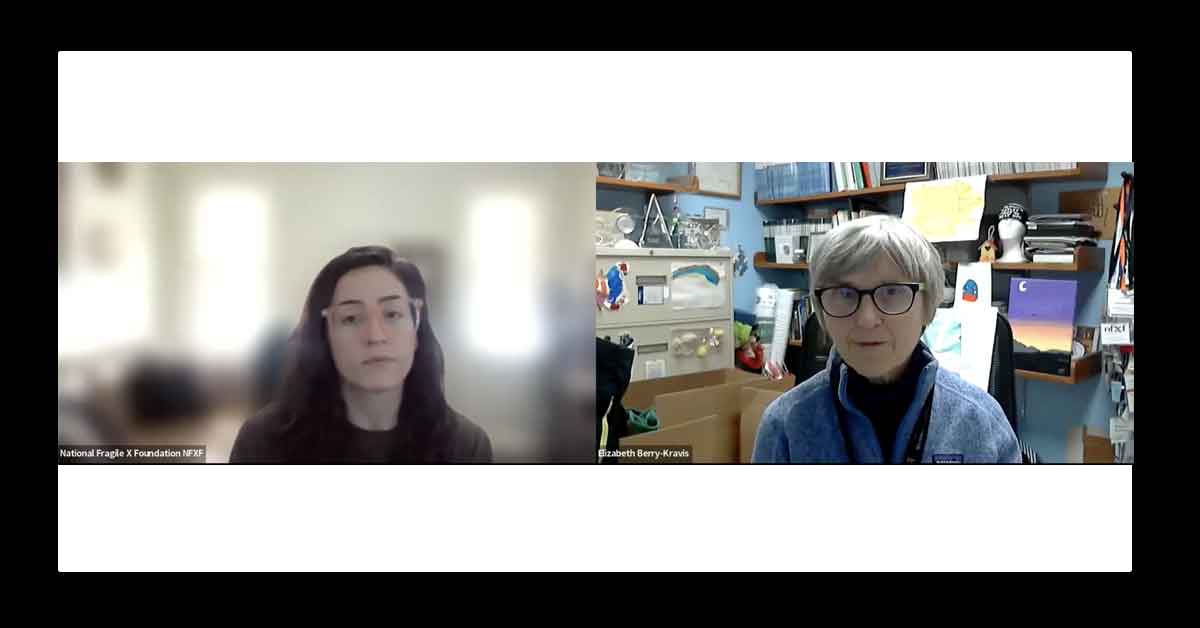1. Neurodegenerative Synergy Between RAN Translation and CGG Repeat RNA Toxicity in Rodent Models of FXTAS
With Samantha Grudzien
There are two prominent, not-mutually exclusive hypotheses regarding the mechanistic basis of FXTAS. One hypothesis is that FXTAS arises from a gain of function (GoF) from the FMR1 mRNA which can act, and an additional, is that a non-canonical form of translation known as repeat-associated non-AUG (RAN) translation which has the capacity to generate toxic homopolymeric proteins. Through the generation and use of adeno-associated viruses (AAVs), we have assessed and characterized the contribution of each hypothesis in vivo through intracerebroventricular (ICV) injection in neonate mice.
Recording: 13:23-27:14
2. Epigenetic Regulator Tet2 Modulates Ovarian Dysfunction in a Mouse Nodel of the Fragile X Premutation
With Kate Shelly
Genetic changes in FMR1 premutation women were identified to find modifier genes to explain why some premutation carriers are diagnosed with FXPOI and some are not. Crossing mouse models with premutation-sized CGG repeats with mice that have only one functional copy of the modifier gene Tet2 enabled us to study how Tet2 could change features of fertility. We saw that having only 1 copy of functional Tet2 while having a premutation changes the number of pups a female has over her lifetime. Gene expression and metabolomics data help identify which altered pathways and potential therapeutic targets.
Recording: 0:00-13:10






